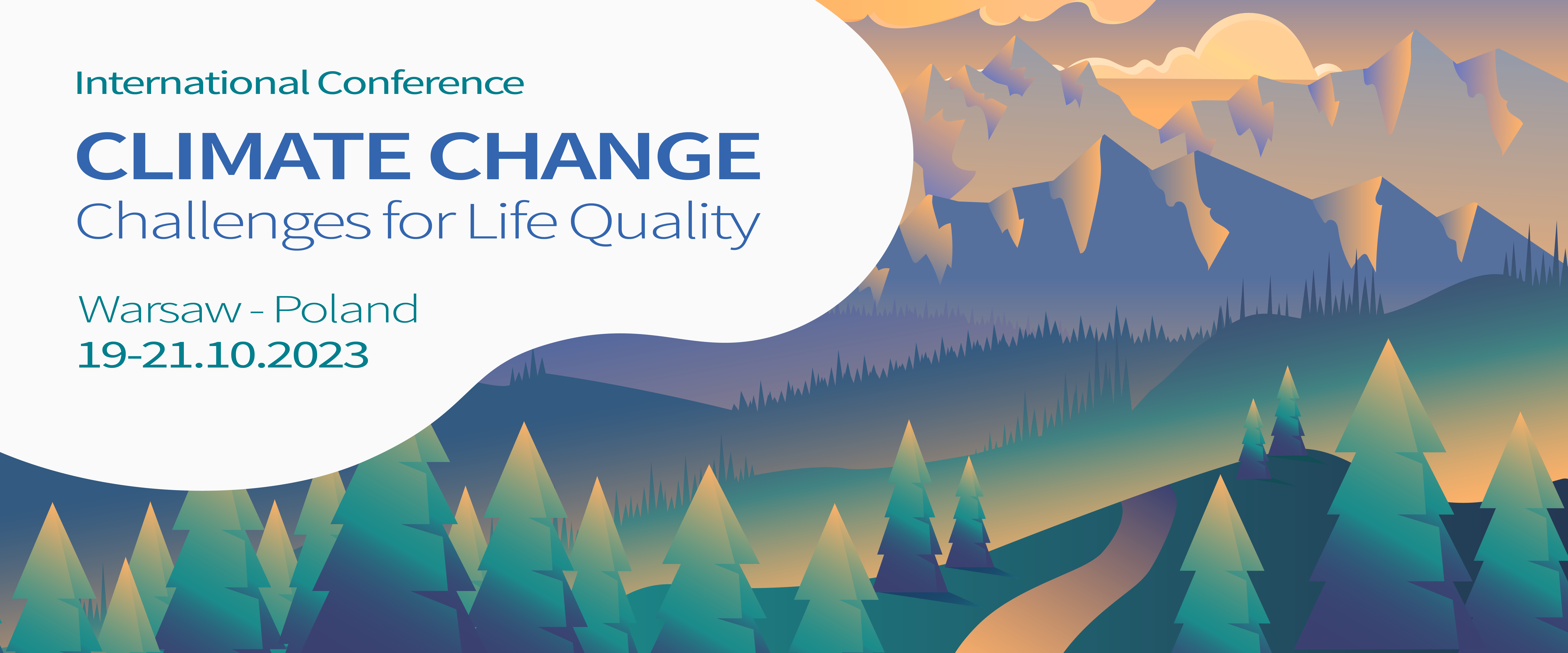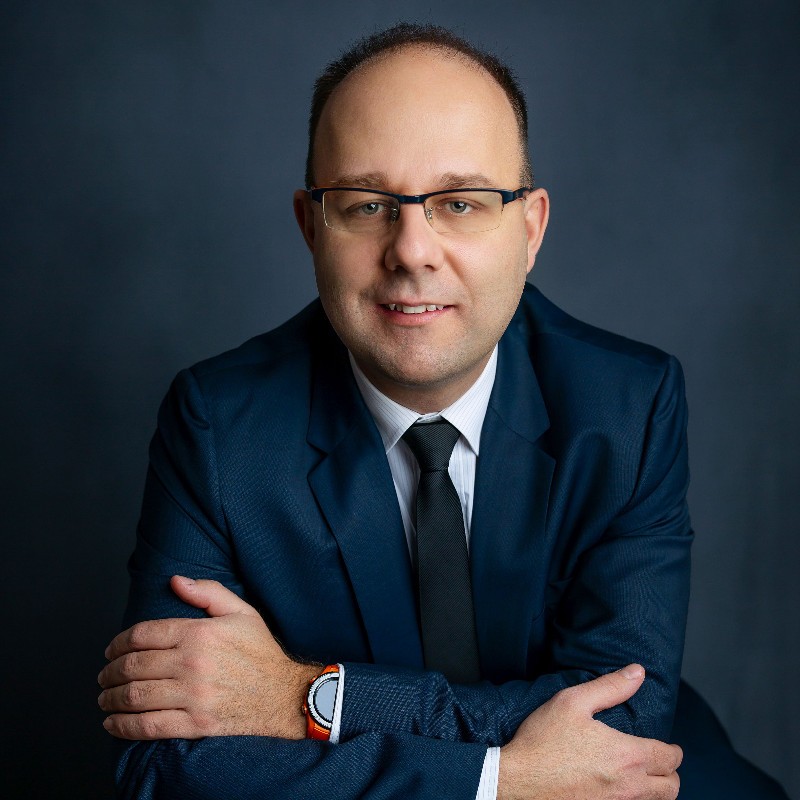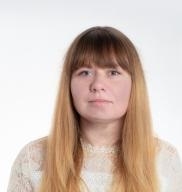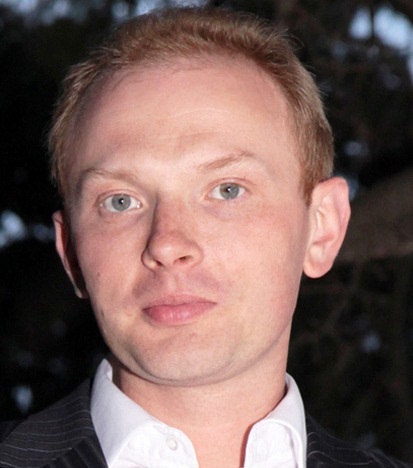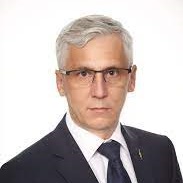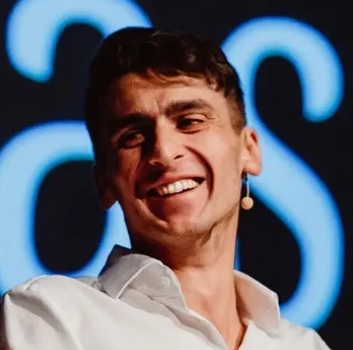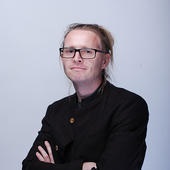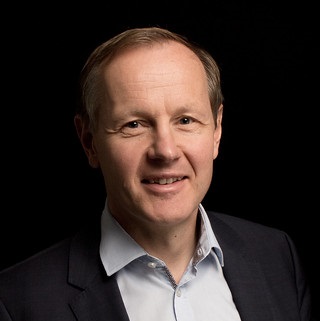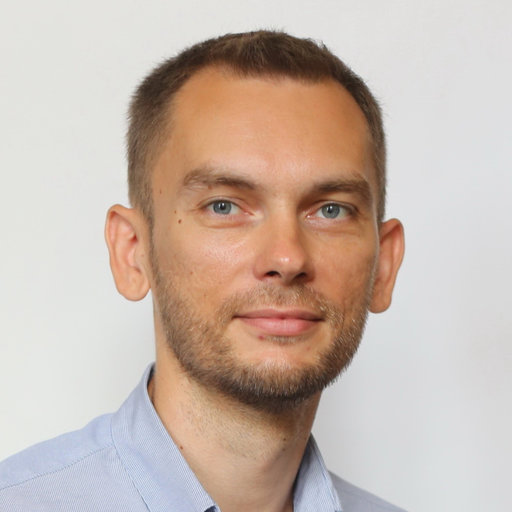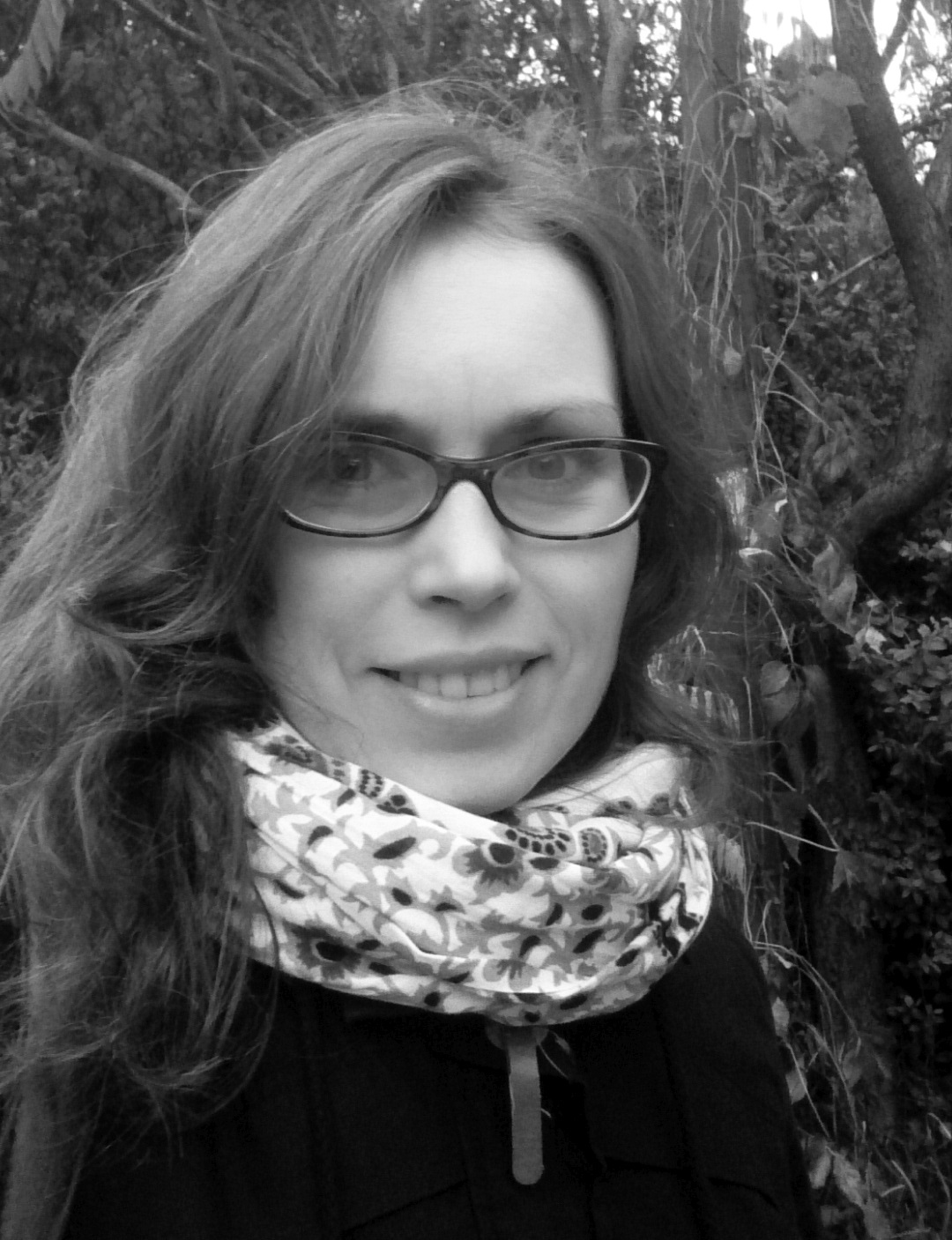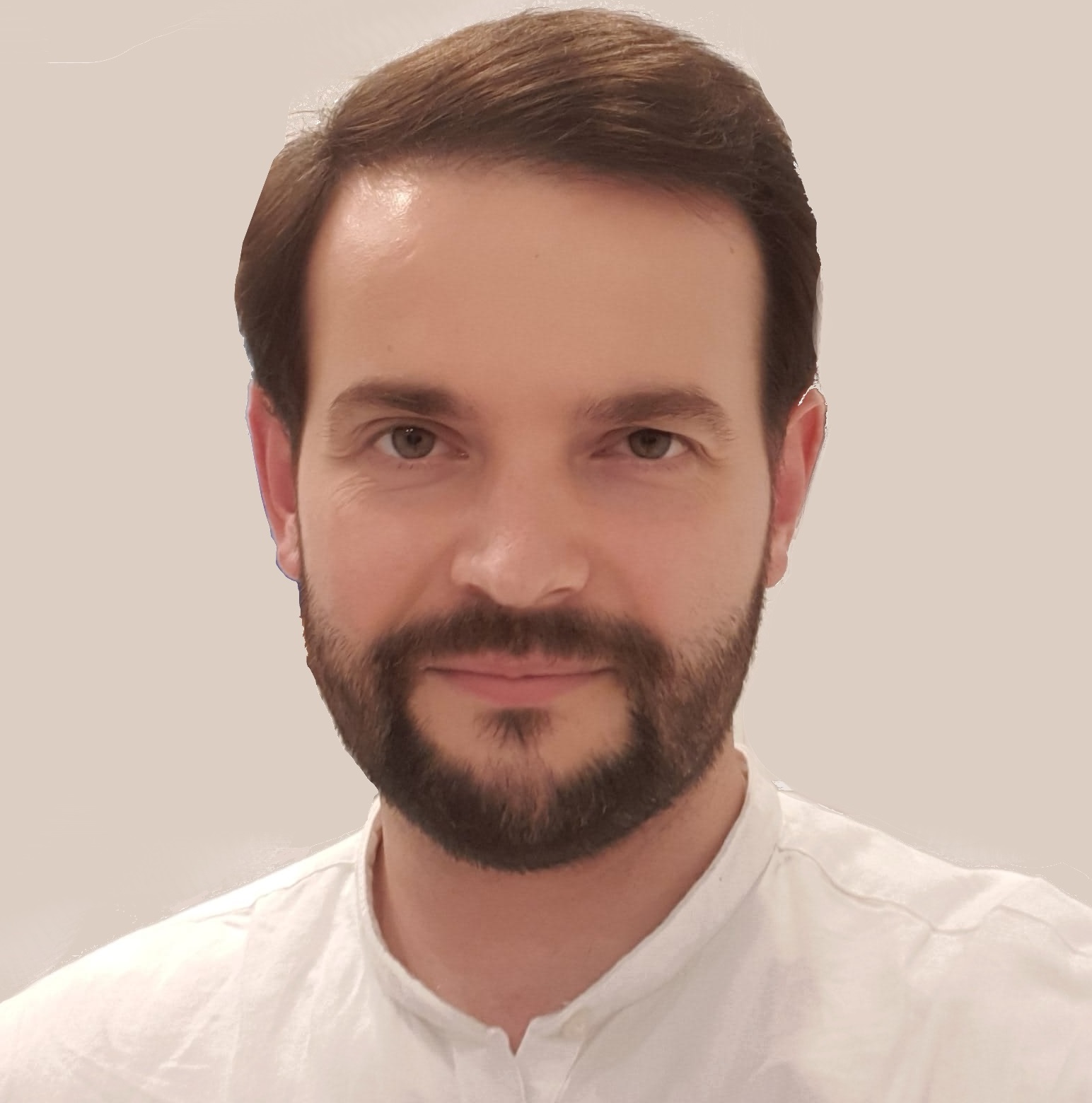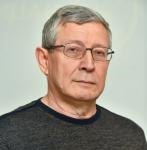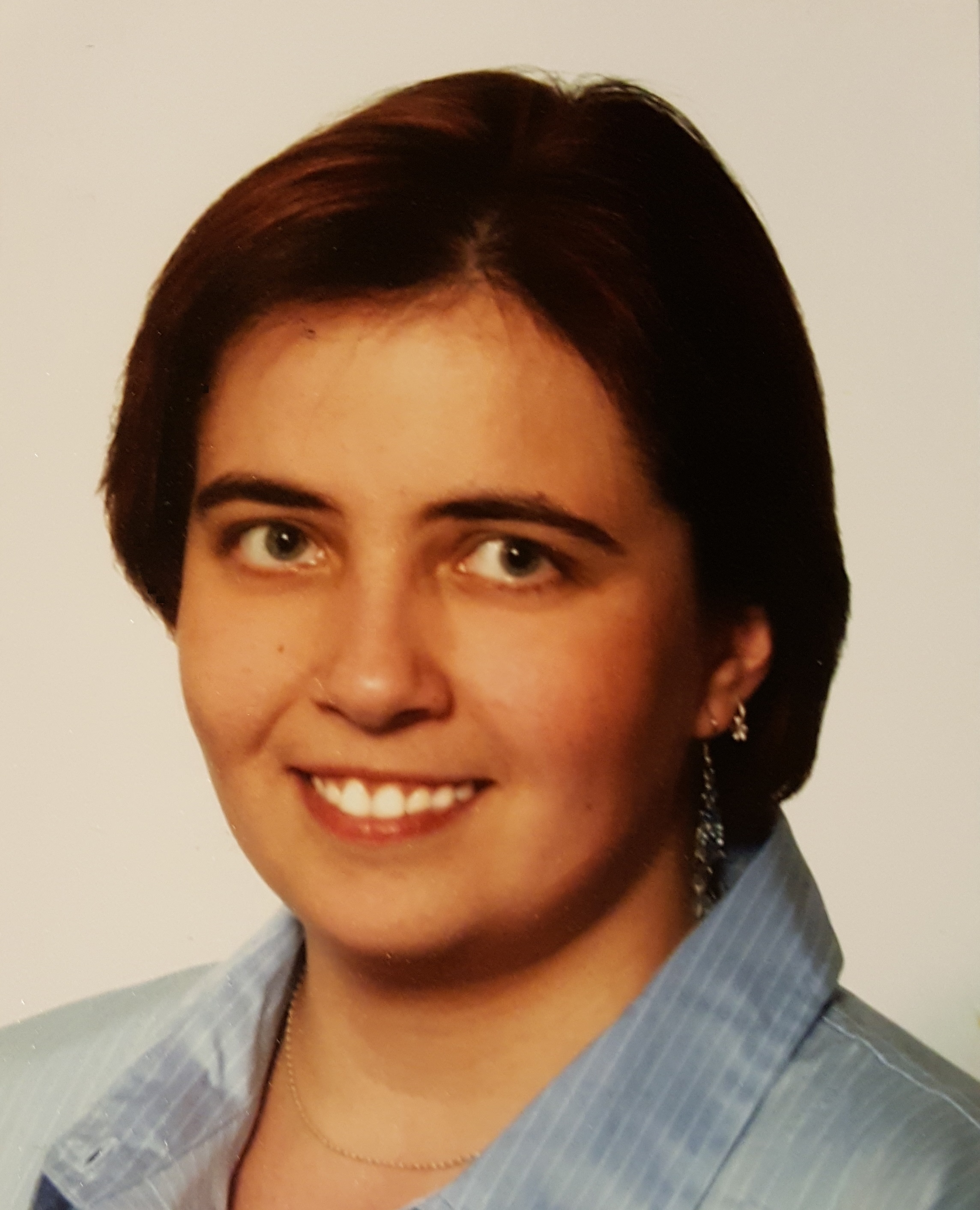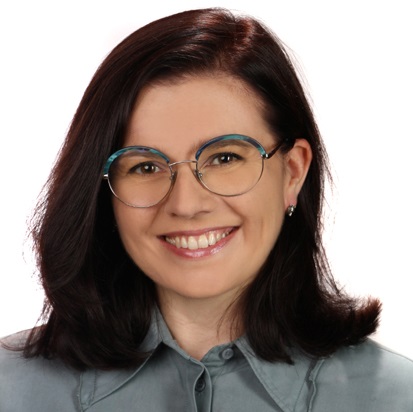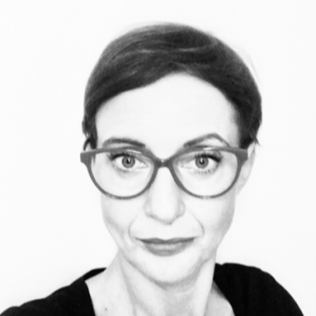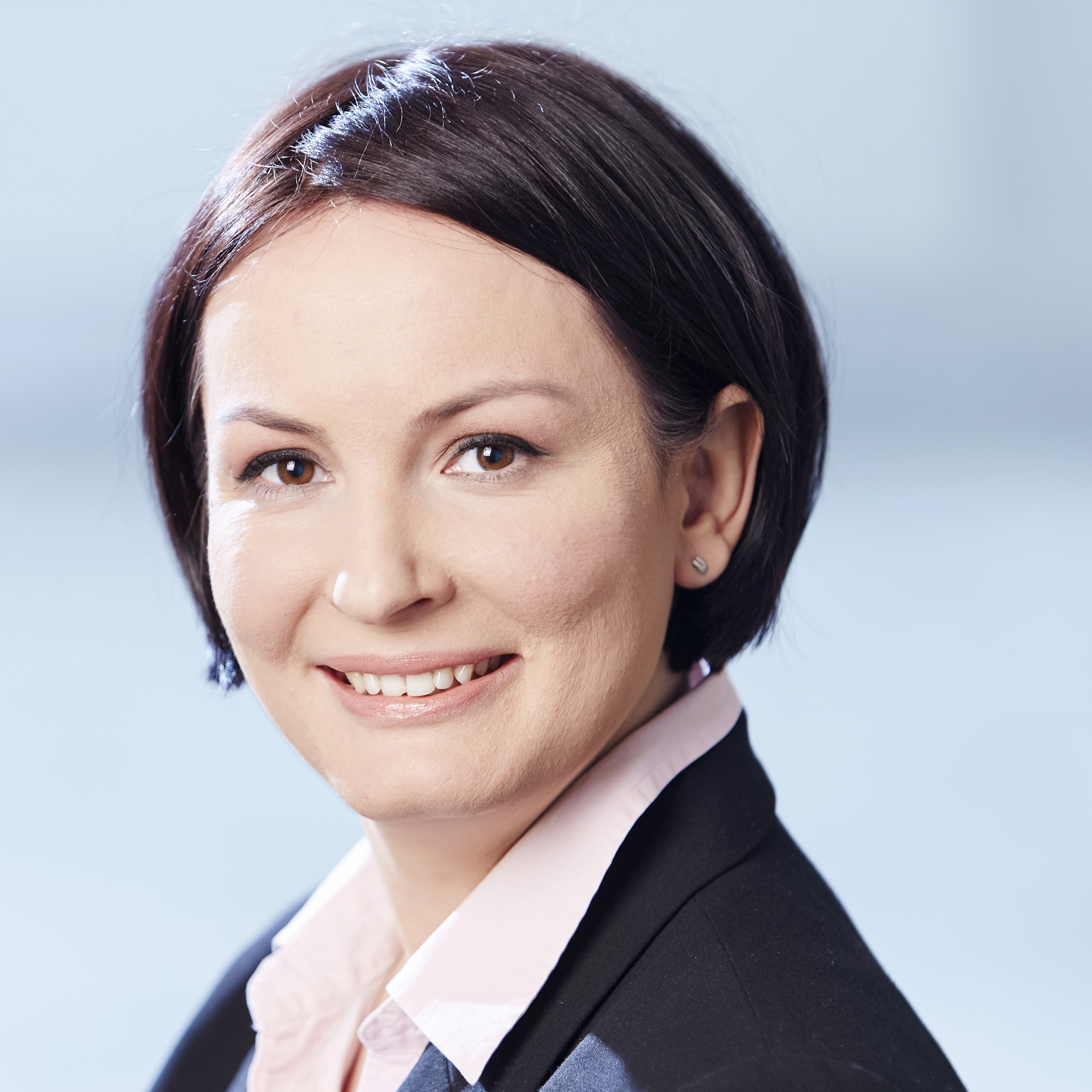The conference aims to provide a platform for exchanging knowledge on the latest research results and technical solutions for Challenges for Life Quality in the context of Climate Change.
The leading idea of the conference is the challenges of maintaining high and fair standards of human life in the built-up urban environment and the overlapping of mitigation and adaptation strategies in this complex system, in which there are more and more challenges related to population density and anthropogenic changes. We will discuss challenges and look for tools and solutions that can support the best development path.
The discussion panel will provide a general and broad look at the problems of climate change and the quality of human life in the urban environment. Speakers from different countries representing various organizations (scientists, representatives of the city, NGOs) will discuss the challenges and main directions of development in cities in the face of the challenges of climate change and the most critical tools currently to stimulate climate neutrality and ensure a safe future for living in an urban environment.
Thematic panels are planted around three main blocks:
Block 1: Green materials and increasing the environmentally safe and safe use of resources, environmental pollution related to climate change and its impact on the quality of human life.
Block 2: Green buildings and aspects of circularity in cities, also in the era of the smart city concept.
Block 3: Sustainable energy use, new and unconventional energy sources, and challenges in the area of energy consumption.
A supplementary element of the conference is a workshop for young scientists and students, during which a discussion will be initiated, and experiences will be exchanged on the current adaptation and mitigation challenges in the area of climate change in cities.
The workshop aims to increase knowledge and understanding of mitigation and adaptation strategies and their interrelationships.
Integrating researchers from different disciplines enables interactions and sharing of experiences and knowledge in achieving the common European and Paris Agreement target of net-zero greenhouse gas emissions by 2050 through a socially fair transition in a cost-efficient manner. A particular concern for the challenges that Ukraine faces, related to the directions of development that will be undertaken after the end of the war, which are optimal for climate change and good quality of human life
Key words: Global Warming, Carbon footprint, Green Buildings Technology, Sustainable and circular cities, Alternative and non-conventional energy sources, Green chemistry
